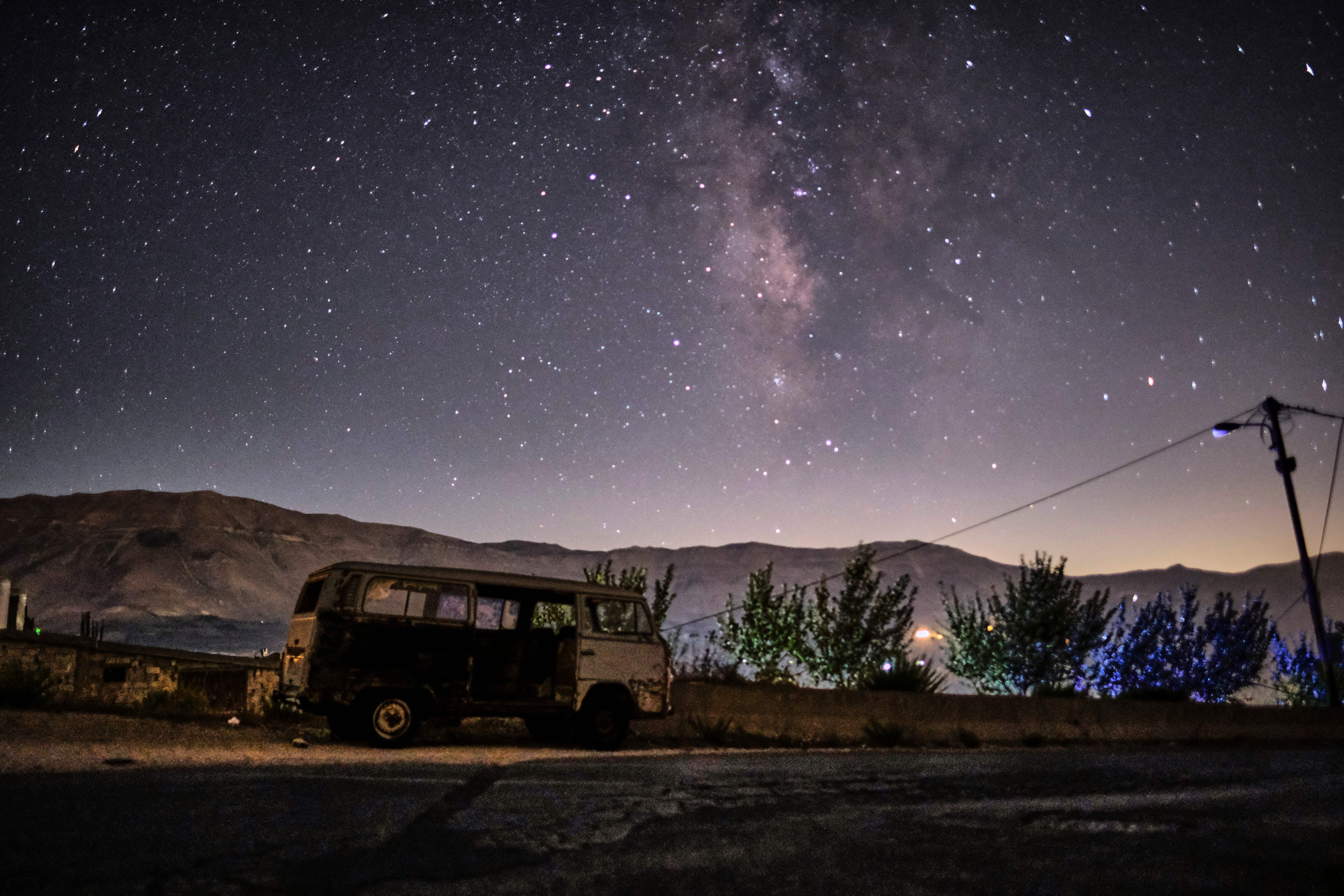Astronomers launch campaign to protect the dark night sky from light pollution
Few contemporary humans regularly see a truly dark night sky and experts say they may not be aware of what they have lost

Humanity is blinding itself with light and losing sight of the starry night skies that once guided our ancestors and filled them with wonder, according to the European Southern Observatory (ESO), and the international astronomy organization is doing something about it.
More than 80% of the world’s population has their view of the night sky curtailed due to light pollution, according to the ESO. The increasing number of satellites in orbit are photobombing the views of professional telescopes at the few remaining dark sky sites, such as the Very Large Telescope the ESO operates in Chile.
In response the ESO has launched a campaign to educate people about light pollution and the negative impacts of satellite mega-constellations on both professional and amateur astronomy. They launched a website spelling out the problem and created a social media hashtag, #ProtectDarkSkies, to spread the word. In a Tweet posted Wednesday using the new hashtag, the ESO pointed out that about one third of humanity can no longer see the Milky Way — the thick disk of our galaxy rich with dust and stars — in the night sky from where they live.
Light pollution, electric light from human settlement and industry, makes it harder to see the more subtle celestial lights of the night sky. A 2019 survey found that 57% of English people could pick out more than 10 stars in the night sky, while just 2% could pick out 30 or more.
But light pollution goes further than cutting off views of the sky, according to the ESO campaign website.
“Light can intrude into bedrooms, distract drivers, and upset the natural body clock of animals,” the ESO website reads, noting human health can suffer without a clear light-dark cycle. And in the natural world, “Flocks of migratory birds and dung beetles alike orientate themselves using the Milky Way, and are disorientated by light pollution.”
The loss of astronomical views is more dramatic than most contemporary urban dwellers may understand. In a graphic on the ESO website illustrating a measure of light pollution known as the Bortle Scale, it shows just how much of the further universe is actually visible with the naked eye when standing under a truly dark night sky.
Even more problematic for professional astronomers than light pollution are the swelling mega-constellations of low Earth orbit satellites, such as those being launched by the UK’s OneWeb and the Starlink constellation of SpaceX. Companies plan to launch as many as 100,000 of these satellites in the coming years, and astronomers worry that they will reflect sunlight in ways that impairs important astronomical observations.
And in the case of the Starlink satellites, many observations have already been impacted by the long white streaks of satellites passing through a telescope’s view during a long exposure.
To combat these issues, the ESO has launched the Protect Dark Skies campaign and suggested new lighting standards, noting that light pollution isn’t just any light, but “artificial light that shines where it is neither wanted, nor needed.”
The ESO is also a member of the International Astronomical Union Centre for the Protection of the Dark and Quiet Sky from Satellite Constellation Interference, which was founded in April to help coordinate efforts to study and mitigate effects of satellites on astronomy. The ESO has also petitioned the United Nations to take action, leading to a discussion of the issue of satellite interference at the UN Committee on the Peaceful Uses of Outer Space earlier in 2022.



Join our commenting forum
Join thought-provoking conversations, follow other Independent readers and see their replies
Comments